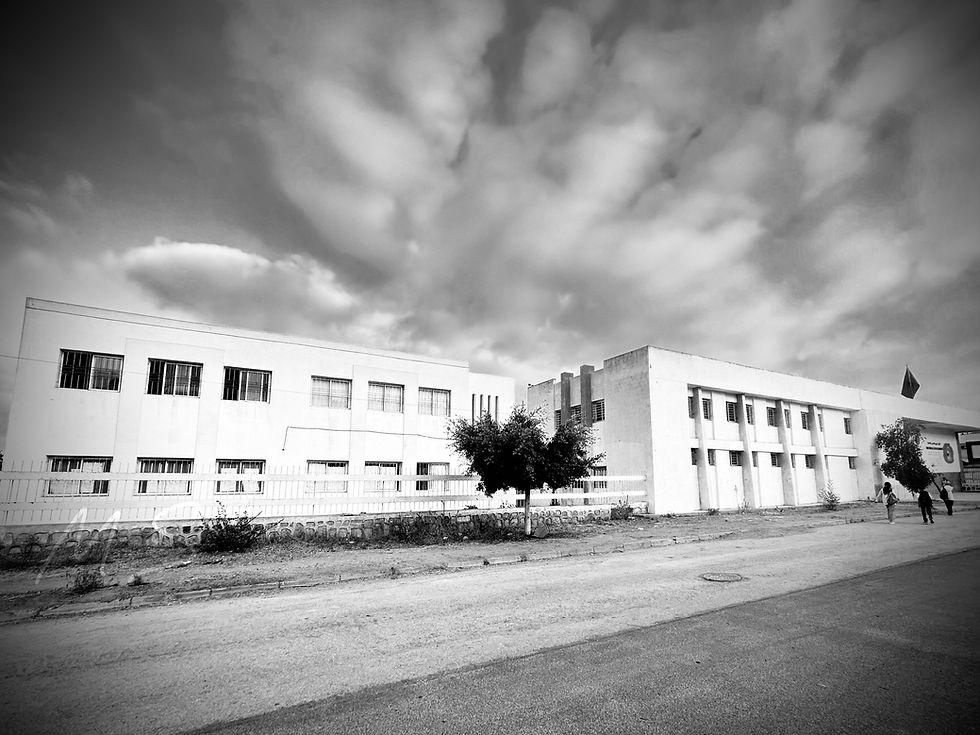The Art of Anticipation: Lessons from the Set
- Mehdi Salmi

- Feb 1, 2021
- 2 min read
Cinema is, above all, the science of the unexpected. Every shoot is a delicate dance between vision and reality, and no matter how carefully a scene is planned, something unforeseen will always arise. The key to mastering this unpredictable world is anticipation — the ability to foresee, prepare, and solve problems before they happen.

I’ve learned this through years of working as a first assistant director. A simple example illustrates it perfectly: a scene scheduled for a sunny day, with clear blue skies as described in the script. The crew arrives on location, and it’s raining. Or the sky is gray. A minor detail, yet it can completely derail a shot if it hasn’t been anticipated.
A shooting schedule is never fixed. A good plan of work is flexible and malleable, designed to adapt to countless variables: weather, actor availability, technical constraints, location issues, and equipment challenges. Constructing such a plan requires not just experience, but an extraordinary level of attention and foresight. The goal is to ensure that no unforeseen event disrupts the flow of production, that days are not lost, and that the director and crew can focus on the creative work.
On international sets, this approach is standard. During preparation, the team anticipates every possible problem and develops solutions in advance. By the time shooting begins, the set operates almost like a well-rehearsed game. There is minimal stress, no last-minute crises, no raised voices. The crew performs their tasks with ease, and the director can concentrate purely on directing actors and guiding the artistic vision. In short, shooting becomes a joy, almost a return to childhood play, where creation and collaboration are seamless.
Contrast this with many experiences I’ve had on Moroccan sets. Every day of shooting can feel like a problem waiting to happen. Preparation is insufficient, schedules are rigid, and unforeseen issues pile up. A standard 10-hour workday officially becomes an all-consuming marathon: crew members sleep only a few hours per night, juggling the day’s challenges while preparing for the next. Stress accumulates, fatigue grows, and the creative energy suffers.
The difference lies in anticipation. Teams that prepare meticulously create conditions in which the camera captures the director’s vision effortlessly. Teams that don’t, spend their days reacting, improvising, and constantly firefighting. It is exhausting and inefficient.
Anticipation is not just a logistical skill — it is an art form in itself. It requires imagination, understanding of cinematic language, and respect for every element that makes a film possible. A successful first assistant director, production manager, or set coordinator must not only foresee problems but also design flexible strategies that protect the integrity of the shoot.
In cinema, the unexpected is inevitable. The question is not whether problems will arise, but how prepared the team is to address them. Mastering anticipation transforms the shooting process from a source of stress into a space for creativity, collaboration, and joy. It allows every member of the crew to perform at their best, and the director to realize the full potential of their vision.
In short: anticipate, prepare, adapt — and the magic of cinema unfolds.
⸻




Comments